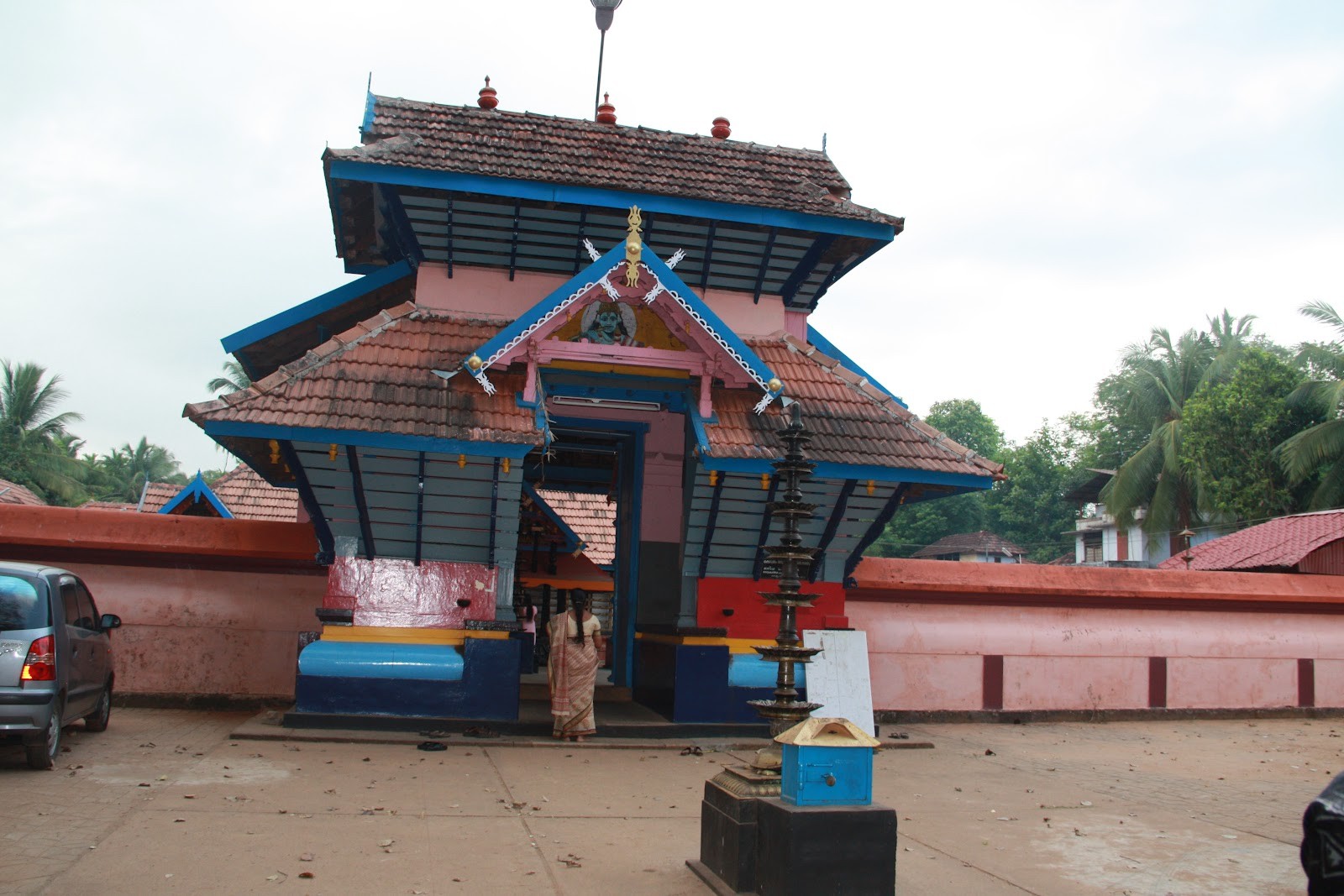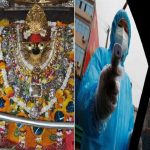Lord Dhanvantari is said to be an avatar of Lord Vishnu and is regarded as the Physician of Devas (Gods) and also the God of Ayurveda. He appeared when the ‘Ksheera Sagara Manthan’ between the Asura’s and Deva’s was taking place. Dhanvantari is the most precious jewel for the mankind among the 14 jewels appeared during the Sagara Manthan for the benefit of the Mankind.
Must read : Dhanvantari Jayanthi – Day to Worship the God of Ayurveda
According to the ancient Sanskrit work Vishnudharamottara, Dhanvantari is a handsome individual and should usually be depicted with four hands, with one of them carrying Amrita, the ambrosia of the gods. Dhanvantari is depicted as Vishnu with four hands, holding Shankha, Chakra, Jalauka (leech) and a pot containing rejuvenating nectar called amrita. He is often shown with a leech in his hand rather than the scriptures.

Though he is worshipped as the incarnation of Lord Vishnu, there are very few temples in india which are dedicated to Dhanvantari and none in North India except for a single statue in the Central Council for Research in Ayurveda in New Delhi and another one in an ashram in Haridwar. However, there are temples dedicated to him in Kerala and Tamil Nadu, where Ayurveda is still patronized and preached.
Dhanwantari Temple at Ranganathaswamy Temple
In Tamil Nadu, there is a shrine dedicated to Dhanvantari at Sri Ranganathaswamy Temple in Srirangam. The oldest shrine dedicated to Dhanvantari dates back to the 12th century in the courtyard of the Sri Ranganathaswamy Temple. Worship services are offered daily to the deity. Devotees are offered with herbs as ‘Prasad’.
Must read : Significance of Dhantrayadashi and Yamadeepam

Coimbatore Sri Dhanwantari Temple
Sri Dhanwantari Temple at Coimbatore is another popular Lord Dhanvantari Temple in Tamilnadu. Located in the heart of Coimbatore City in the Arya Vaidya Pharmacy Campus (Arya Vaidya Chikitsalayam and Research Institute), Sri Dhanwantari Mandir enshrines the God of Life and Medicine, Lord Dhanvantari as the presiding deity.
Nelluvaya Lord Dhanvantari Temple
Lord Dhanvantari Temple at Nelluvaya, about 20 km from Guruvayur and Thrissur, is one of the important Dhanwantari temples in Kerala. Ayurvedic Doctors consider auspicious to visit the temple before they start practicing medicine.
Pulamanthole Sri Rudra Dhanwanthari Temple
Sree Rudra Dhanwanthari Temple situated in the centre of Pulamanthole, Malappuram, is another popular Dhanvantari Temple in Kerala. The temple belongs to the famous Ashtavaidya Pulamanthole Mooss family, however all Hindus are allowed to worship in the temple. The Samadhi of Vagbhata Acharya (Vagbhatacharya), the creator of Ashtanga Hridaya Samhita (Ayurvedic treatise consisting of more than 7120 poetic verses about various Ayurvedic treatments), is also seen here.

Sri Dhanwantari Temple, Peringavu
Sree Dhanwantari Temple at Peringavu is another old Dhanvantari temple situated on the outskirts of Thrissur town in Kerala. The sanctum sanctorum of the temple is built in round shape with 2 storeys, which is a rare design unlike other Kerala style architecture. Lord Ganpathy, Goddess Lakshmi, and Lord Ayyappan are other deities enshrined in the temple.
Dhanwantari Temple, Erumapetty
Wadakkanchery is another famous temple dedicated to the Lord of Ayurveda. The temple is situated on Kunnamkulam – Wadakanchery road, around 8 km from Wadakkanchery, 18 km north of Thrissur, Kerala.









